Ares, the God of War, descends upon the mortal realm of Marvel Snap, aiming to conquer and revitalize underperforming archetypes. But how did this deity find himself amongst the Avengers, and more specifically, aligned with Norman Osborn?
Following the Secret Invasion, Osborn assumes leadership of the Avengers, leaving Ares and Sentry as his only remaining allies. Sentry's allegiance stems from his intentional insanity, but Ares's support for the clearly villainous Osborn seems paradoxical. The answer lies in Ares's true loyalty: not to any faction, but to war itself. This perfectly aligns his Marvel Comics persona with his Marvel Snap card. Ares thrives in large-scale conflicts, preferring the company of powerful individuals.
 Image: ensigame.com
Image: ensigame.com
Strategic Deployment of Ares
Unlike cards with readily apparent synergies, Ares necessitates a unique strategic approach. His effectiveness hinges on utilizing high-power cards. Cards with "on reveal" abilities, such as Grandmaster or Odin, create intriguing possibilities. While a 12-power, 4-energy card is decent, a 21-power, 6-energy card is far more desirable. Repeating his ability is key to maximizing his potential outside of Surtur decks.
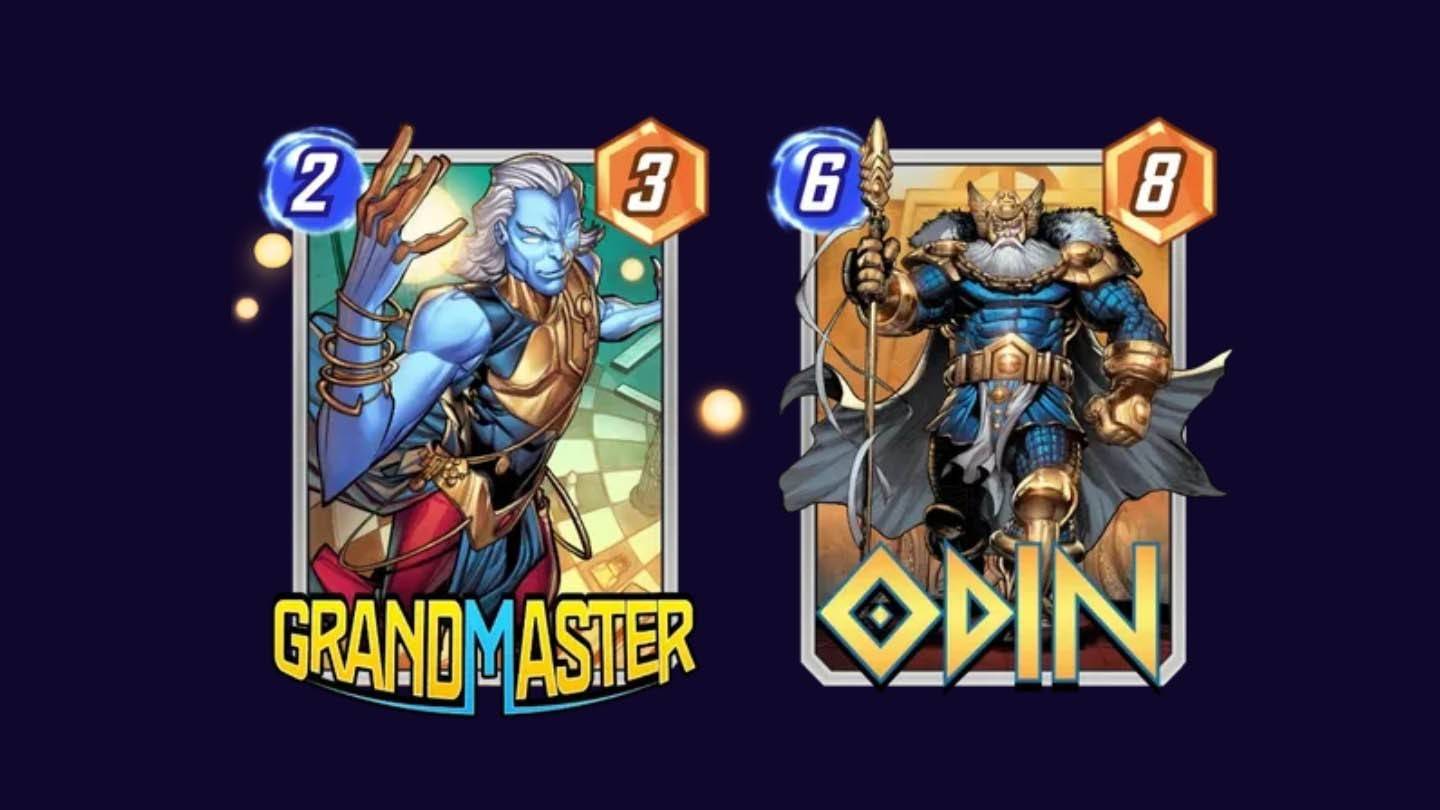 Image: ensigame.com
Image: ensigame.com
Despite his disdain for weaker opponents, consider protecting Ares with cards like Cosmo or Armor.
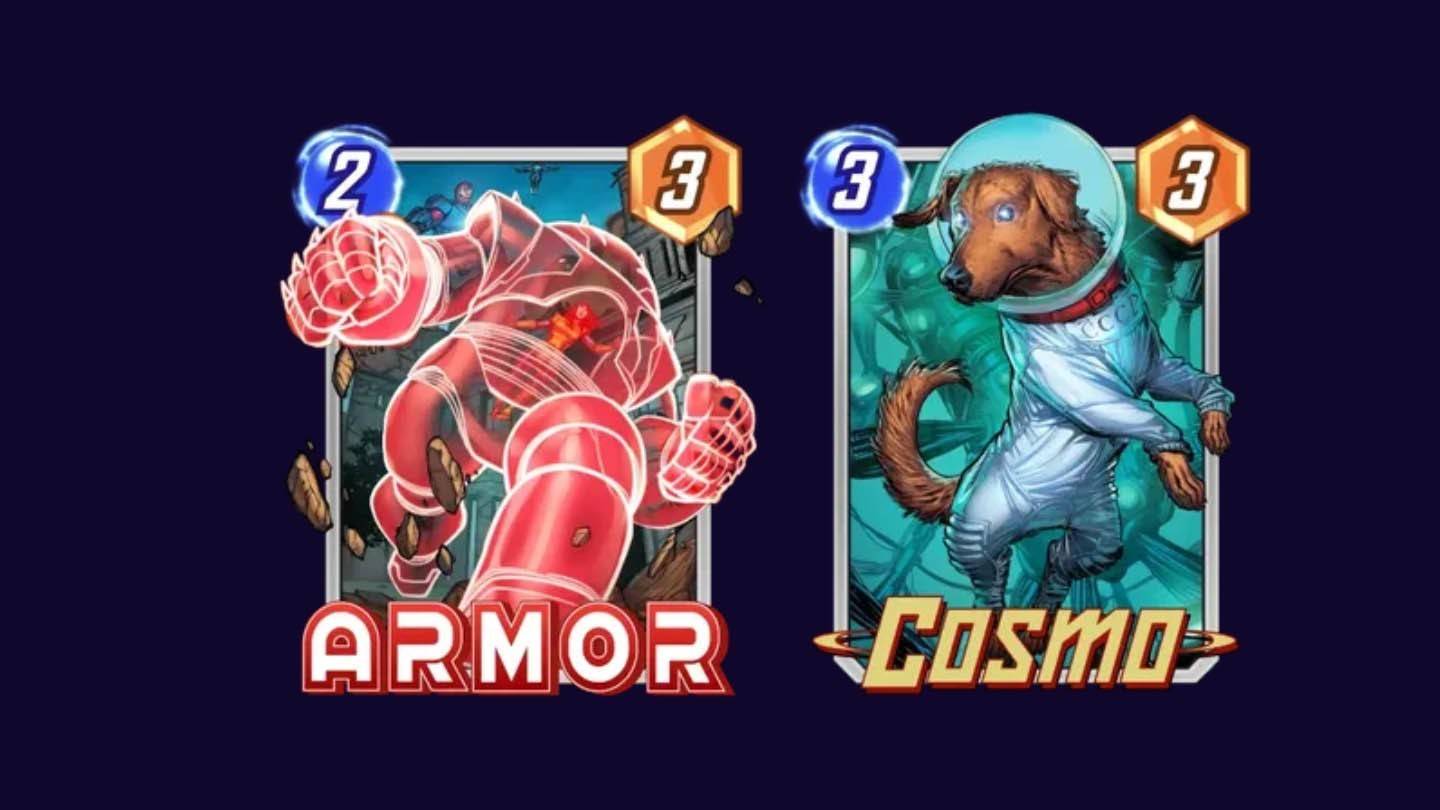 Image: ensigame.com
Image: ensigame.com
Ares: Not a Game Changer
While Ares's power level is comparable to cards like Gwenpool and Galactus, his lack of inherent synergy with established archetypes presents a challenge. The rise of control decks further complicates his integration. Reliance solely on power is unsustainable without a substantial wager advantage. Even move-based strategies, which accumulate power through disruption, often outperform Ares. His performance pales in comparison to Surtur decks, which currently boast a win rate around 51.5% at Infinity level play.
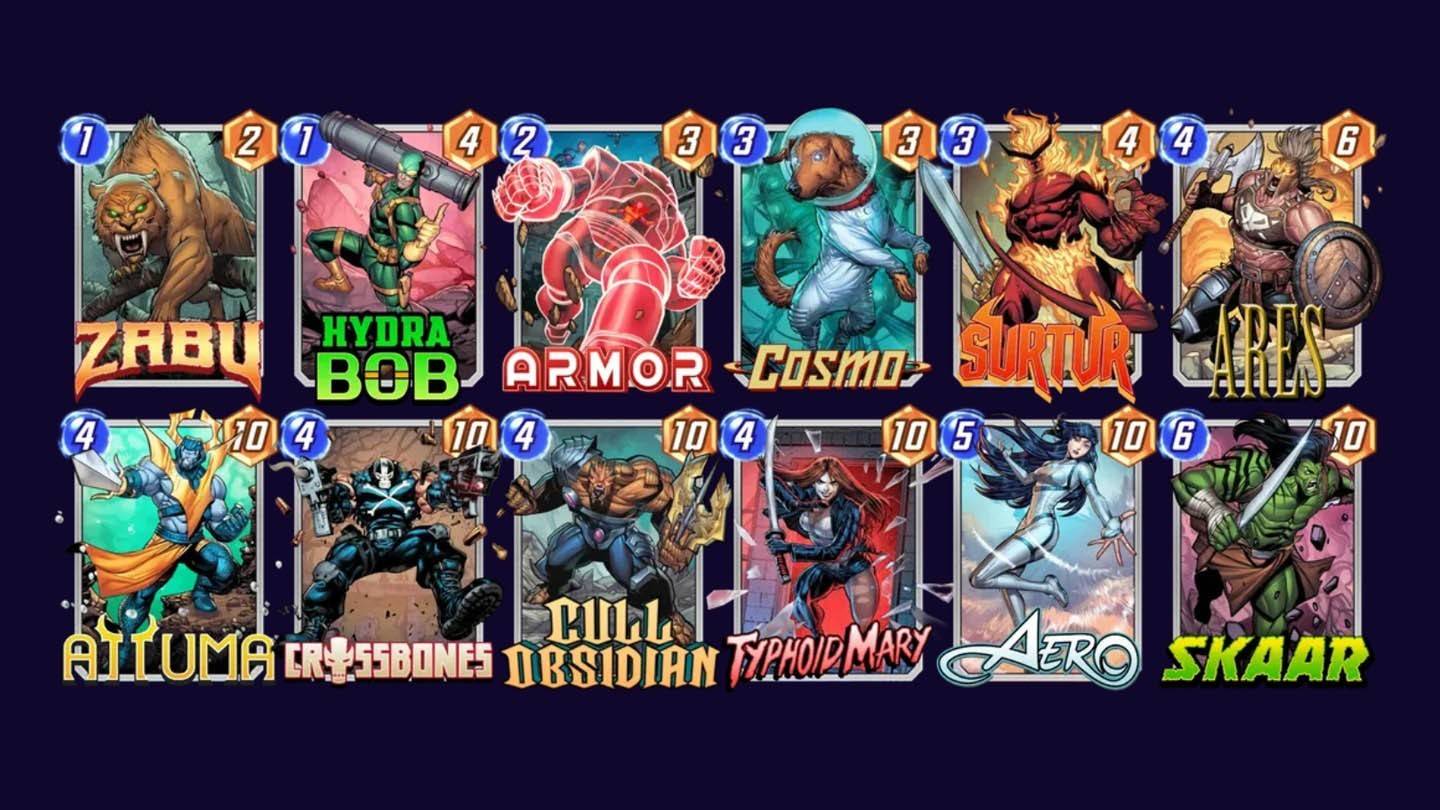 Image: ensigame.com
Image: ensigame.com
The comparison to a 12-power Death card, typically costing less energy, highlights Ares's current limitations. While his potential is intriguing, his practical application remains questionable. However, his value extends beyond raw power; he provides valuable strategic information.
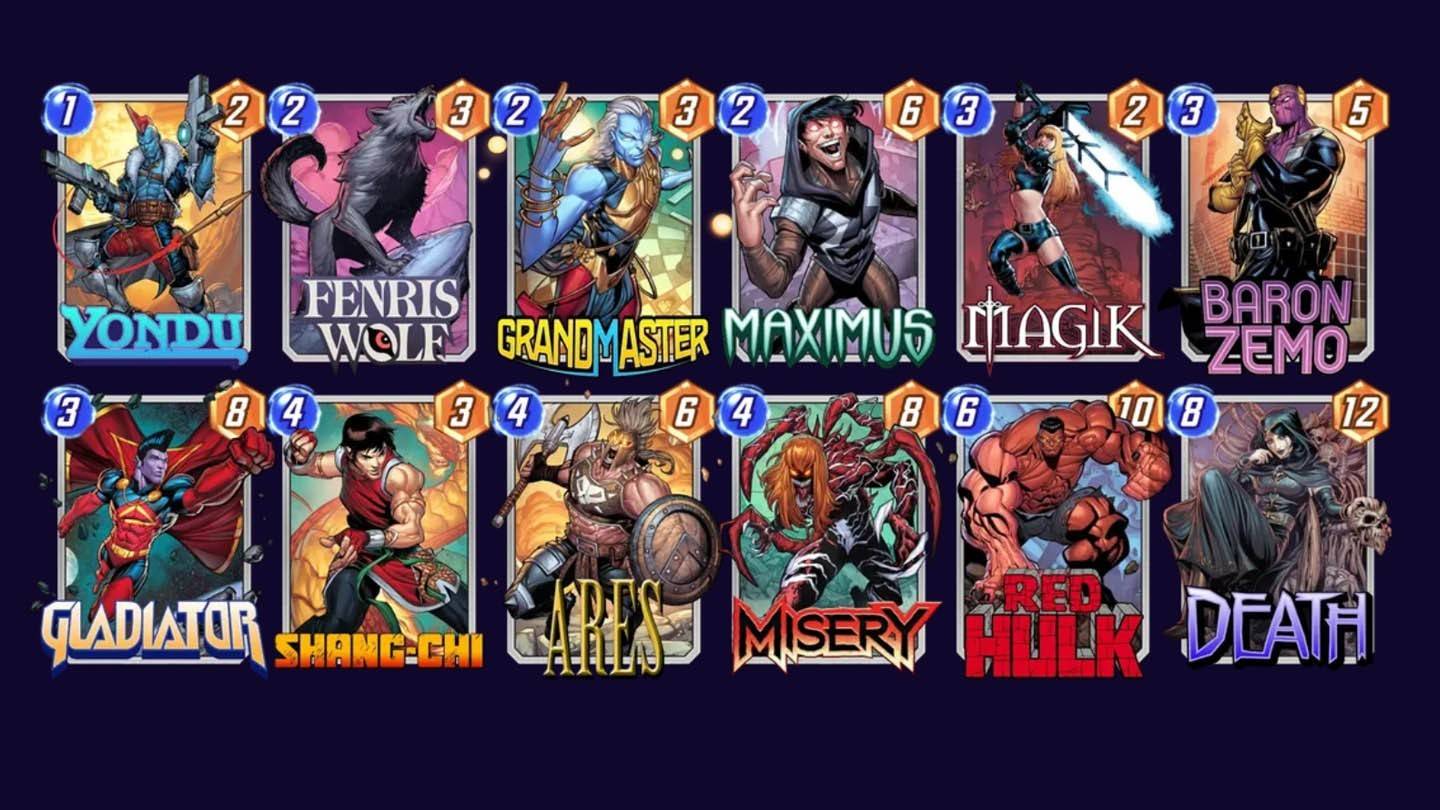 Image: ensigame.com
Image: ensigame.com
Ultimately, a successful Ares strategy involves leveraging his power effectively, understanding the power curve, and adapting to the opponent's playstyle. Disruptive strategies, incorporating cards like Alioth, Cosmo, Man-Thing, and Red Guardian, can significantly enhance his effectiveness.
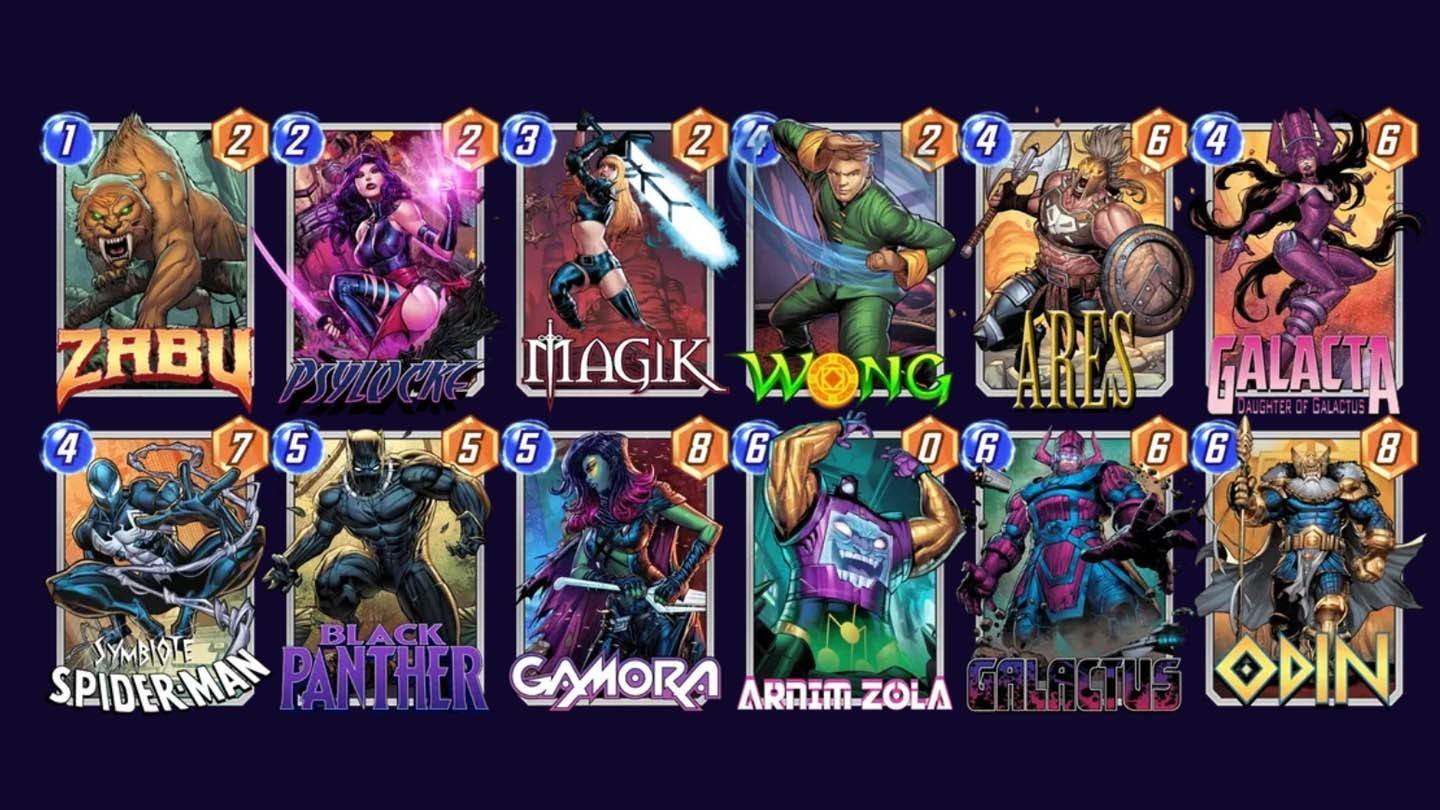 Image: ensigame.com
Image: ensigame.com
Conclusion
Ares currently ranks as one of the weaker cards in the game. His vulnerability to counters, coupled with the recent decline in high-power archetypes, limits his overall impact. His reliance on specific deck construction further restricts his viability. While a 4/12 card is powerful, a 4/6 card is significantly less so, highlighting his dependence on optimal circumstances. Therefore, Ares is a card best avoided for now.















